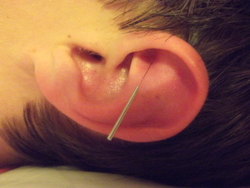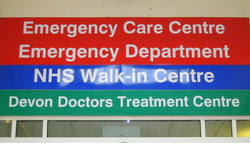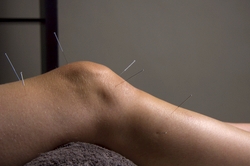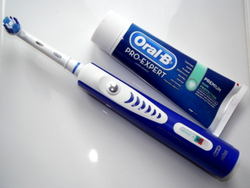
A retrospective chart review by doctors at a major Veterans Affairs Medical Centre located in the southeastern United States, suggests that auricular (ear) acupuncture is effective in treating stubborn pain conditions. The review covered 147 patients who had received auricular acupuncture for common pain conditions, including body pain and headaches. Most veterans received fewer than three treatments, separated by three to five months. Patients’ mean pain scores decreased by almost 60%. The majority (84%) reported that treatment was helpful, with treatment benefits lasting one to three months in 47% of patients.
(A case series of auricular acupuncture in a veterans population using a revised auricular mapping-diagnostic paradigm (RAMP-uP). Complementary Therapies in Medicine, August 2016.)




